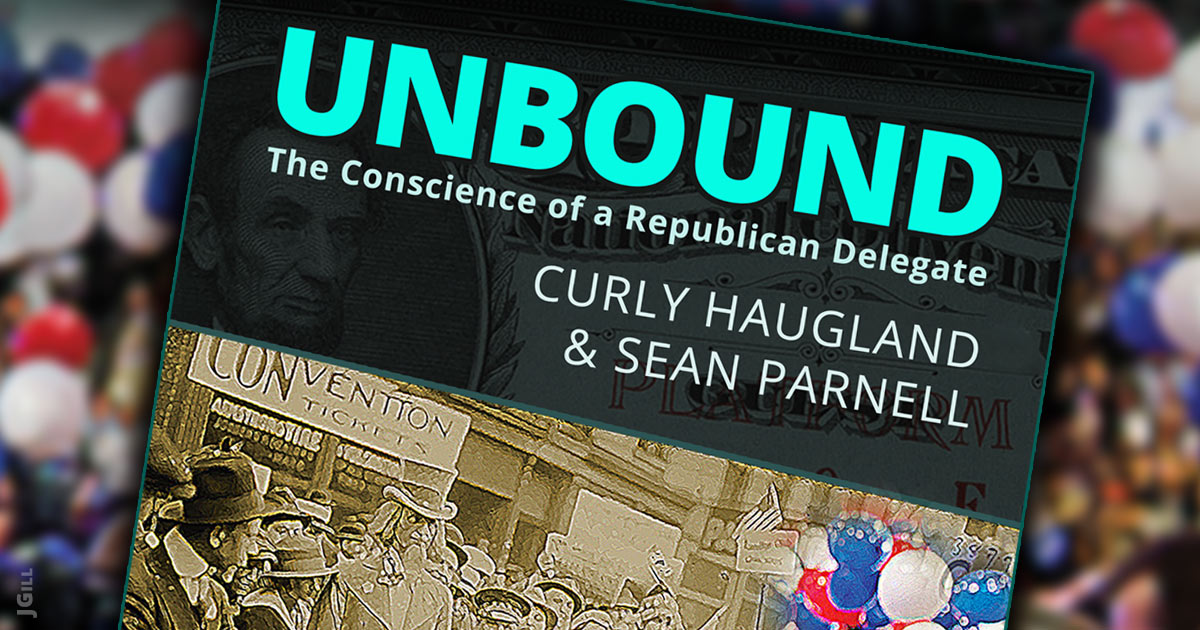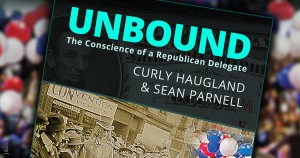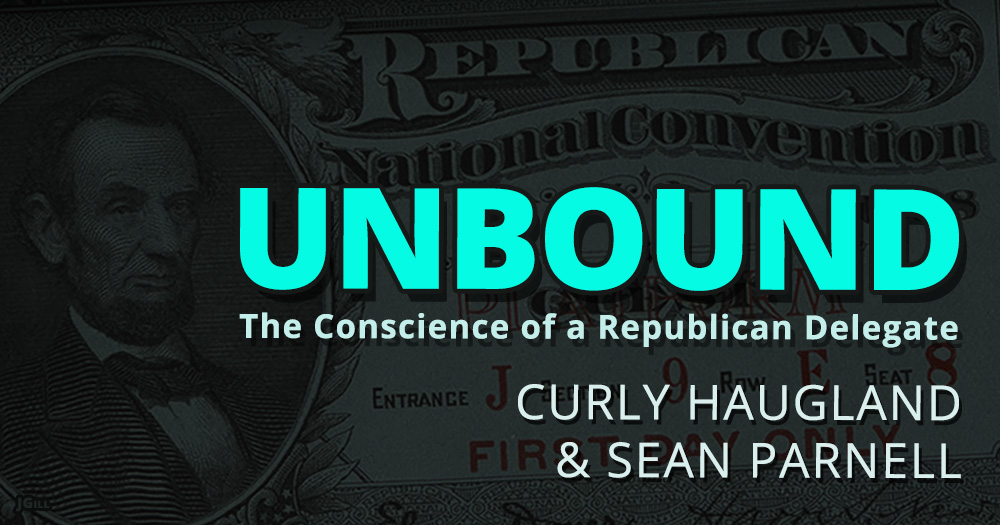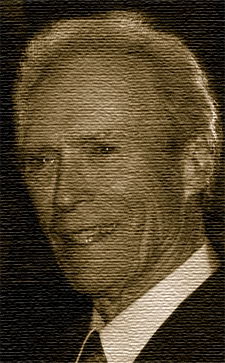It takes a treasure trove of love for government to demand that taxpayers fund politicians and political parties, in addition to basic government services — and “handouts for everybody.”
Most of us have enough horse sense to seek to reduce the scope of subsidy in society. Especially subsidies to politicians and activists. Who wants their tax money going directly to their ideological opponents?
Well, at least there is one area in recent times that has been defunded: the major parties’ national conventions.
The quadrennial indoor parades and awards shows that constitute the modern presidential nominating conventions don’t have the same function that they used to. Because of the primary system, and a number of other factors as well, the conventions aren’t so much selection mechanisms as “four-day infomercials.”
That’s Anthony L. Fisher’s term for the spectacles.
Fisher, in “Who Paid for the Conventions” — which appears in the October 2016 issue of Reason magazine — informs us that “this year, for the first time since 1972, the parties and their host cities’ host committees were on the hook to raise all the money” to pay for these festivals of folly.
Specifically, the directive was 2014’s Gabriella Miller Kids First Research Act, which diverted the convention subsidy funds to pediatric health care research.
It sounds like a good cause. But it is worth noting, once again, that Congress, when it defunds one thing, rarely just neglects to “spend the money.”
It’s the Spending, Stupid. Or stupid spending.
In any case, one small step for Congress, one giant leap for getting taxpayers out of politics.
This is Common Sense. I’m Paul Jacob.
Artwork based on original cc photo by Purple Slog on Flickr








